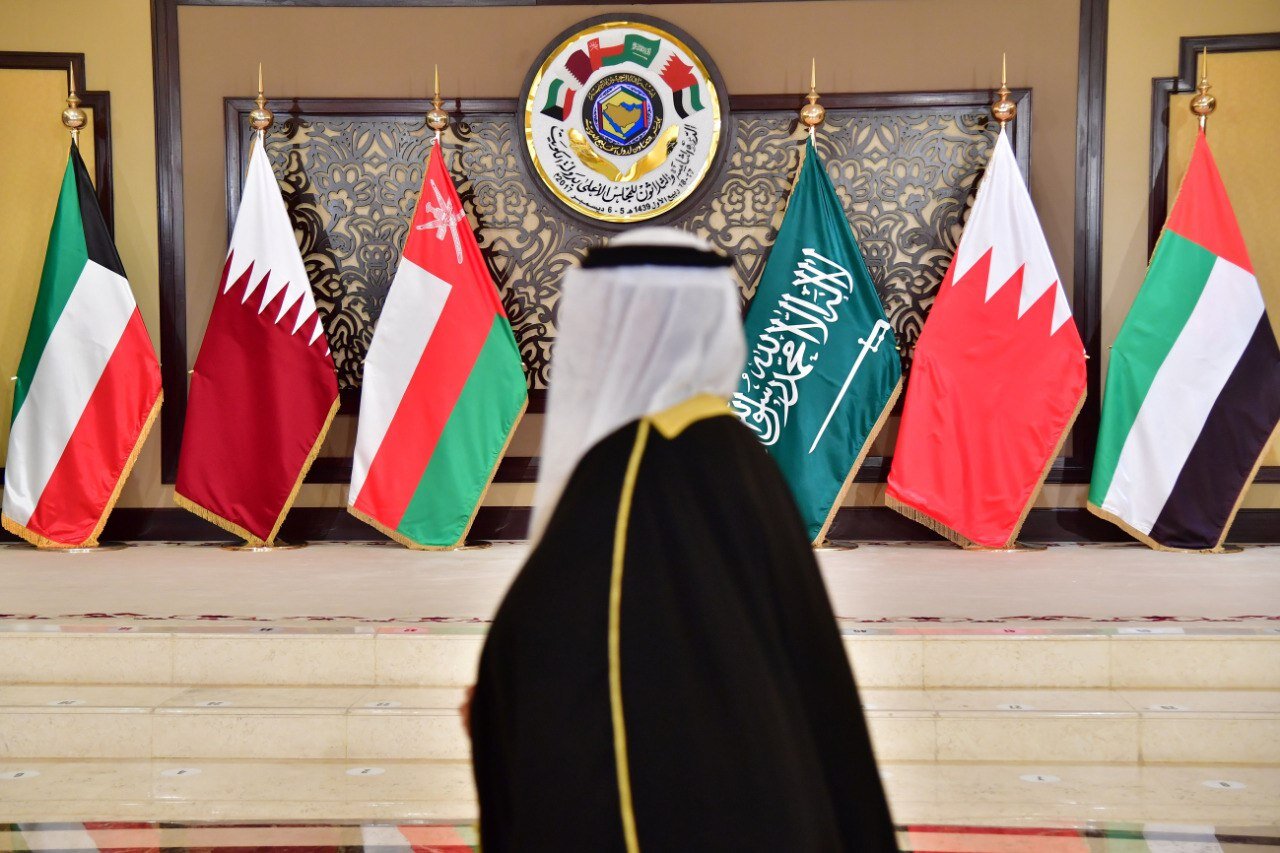INSUBCONTINENT EXCLUSIVE:
But this is a clear swerve from their stances during previous Iran-US negotiations in the 2010s, when the region seemed to believe a less
countries, including Saudi Arabia, Kuwait, Qatar, and Bahrain, have issued statements endorsing the ongoing diplomatic process between Iran
Tehran-Washington engagement would contribute to peace and collective regional efforts
Kuwait echoed this sentiment, stating its hope that the discussions would help establish long-lasting peace in the region
negotiations seem to be moving at a good clip, with Tehran and Washington renewing them weekly since their commencement on April 12th
sanctions against the country
This marks the second time in the past decade that Tehran has engaged in talks on the scale of its nuclear activities
The first one, signed in 2015 and called the Joint Comprehensive Plan of Action (JCPOA), was scrapped by Donald Trump during his first term
diplomatic process represents a significant change from 2018, when many of them welcomed the Trump administration's decision to withdraw
international service, believes the trend setter in the Arab world is Saudi Arabia, a country that, for the longest time, had a different
that regional security is inextricably linked and that Tehran is a key stakeholder
"Saudi Arabia embarked on a fruitless war in Yemen, shelled out huge sums of money, damaged its reputation, and was ultimately targeted by
turning point was the United States' inaction in the face of potential future attacks
"That was when the Saudis realized they could only have security inside their borders if things were also calm outside
about a potential military confrontation between Iran and the U.S., especially given Trump's threat to "bomb" Iran's nuclear sites if a new
agreement is not reached, Arab nations have also arrived at other new understandings
A military standoff between the two countries would surely be devastating for the entire region, and potentially the world, due to
indefinite disruptions to oil supplies and severe environmental consequences for Persian Gulf countries
However, Arabs generally do not want Iran marginalized, now recognizing that Iran's regional influence, in some cases, provides a protective
Saudis and other Persian Gulf states fought to diminish Iranian influence in Syria for the longest time
But now that Israel has occupied part of the country and Turkey is speaking of capturing some of its other provinces, Arabs understand that
an Iran-allied Syria was never a threat, compared to the expansionist forces encroaching on the war-torn nation," Moradi explained.Tehran's
This article first appeared/also appeared in Tehran Times

